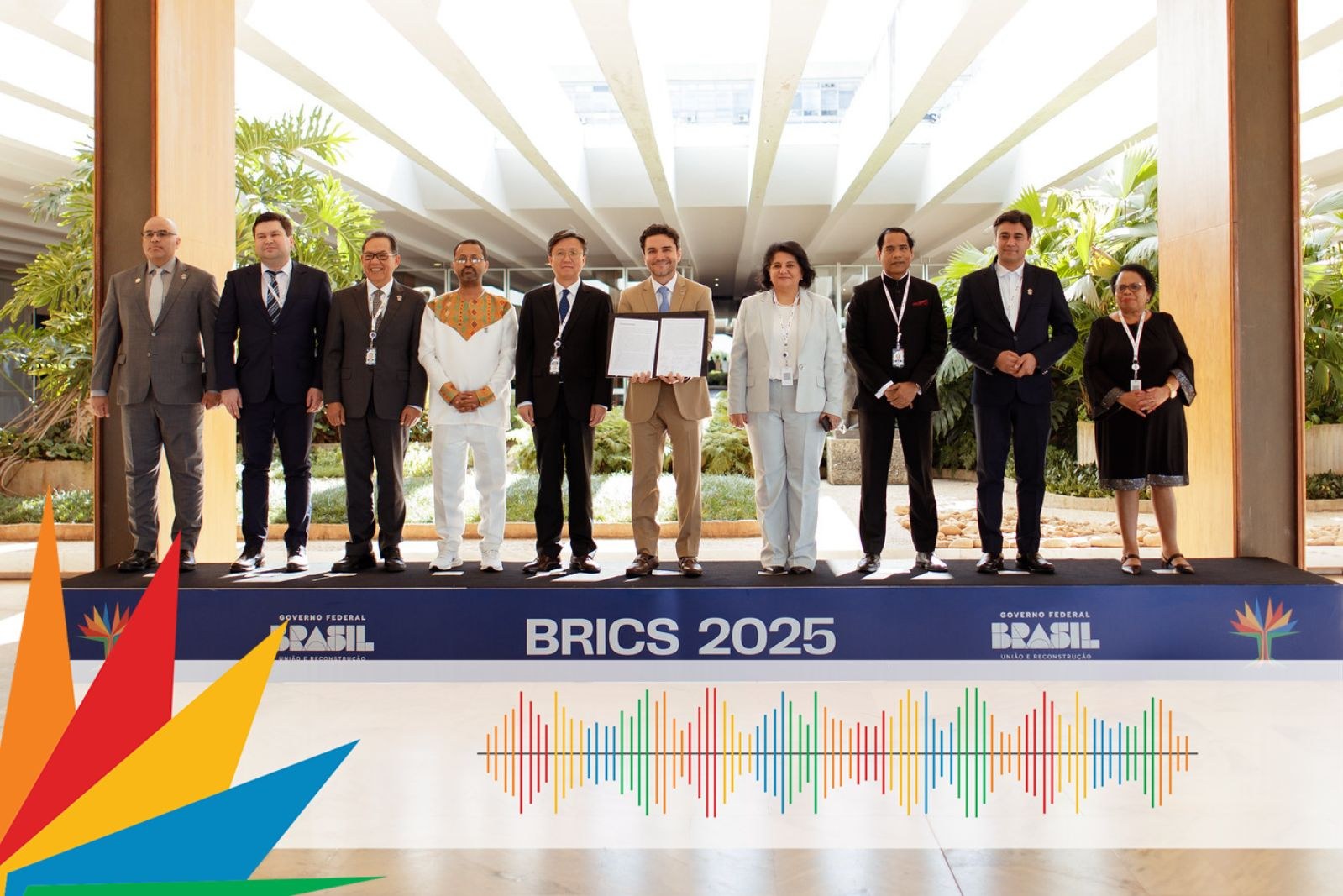BRICS Brasil Bulletin #04 - BRICS Tourism Ministers deliver the Cerrado Declaration
BRICS tourism ministers approved the Cerrado Declaration, focusing on cooperation in six realms, such as infrastructure and sustainable tourism. Two reports highlighted strategies for digital nomads and regenerative tourism, aiming for economic and environmental growth. Listen to the report and find out more.

Report Franciéli Barcellos de Moraes / francieli.moraes@presidencia.gov.br
Voice-over: Inez Mustafa / inez.mustafa@presidencia.gov.br
Reporter: In 2024, the tourism industry reached revenues of around 11 trillion dollars, which represented 10% of the global Gross Domestic Product (GDP) and generated around 348 million jobs, the equivalent of 29 cities like São Paulo employed in the sector. These data from the World Travel and Tourism Council (WTTC) show how important tourism discussions are on the international agenda.
In a ministerial meeting in Brasilia, BRICS tourism ministers approved the Cerrado Declaration, where they pointed out six important realms for cooperation among the countries: infrastructure, diversification of the tourism offer, professional qualification, public-private cooperation, financing and incentives, and tourism promotion. In the opening meeting, the Brazilian Minister of Tourism and the group’s coordinator, Celso Sabino, highlighted the importance of the group.
Celso Sabino: Our work team put a lot of effort into the negotiations so that we had a unanimous text to approve today. This text brings together the perspective of the tourism ministers of the group, which is now known internationally as one of the most solid, supportive, and strongest economic blocs on the planet.
Reporter: Among the deliveries, two reports. The first one, about Strategies for Digital Nomads, has four dimensions: mapping the destinations, visa policies, infrastructure and services, and promotional efforts. The report reinforces that efficient connection, security, and leisure offerings are essential for attracting this niche and that destinations in Brasil, Ethiopia, THE United Arab Emirates, and India serve as references for the other nations.
The second delivered report addresses Sustainable, Resilient and Regenerative Tourism and points out tourism as a vital force for economic, social, and environmental progress in the BRICS realm, providing a comparative analysis of national strategies to identify good practices and common challenges. The study emphasises the importance of exchanging knowledge and collaborative solutions to strengthen the sector’s capacity to adapt to global challenges, including climate change and economic instability.